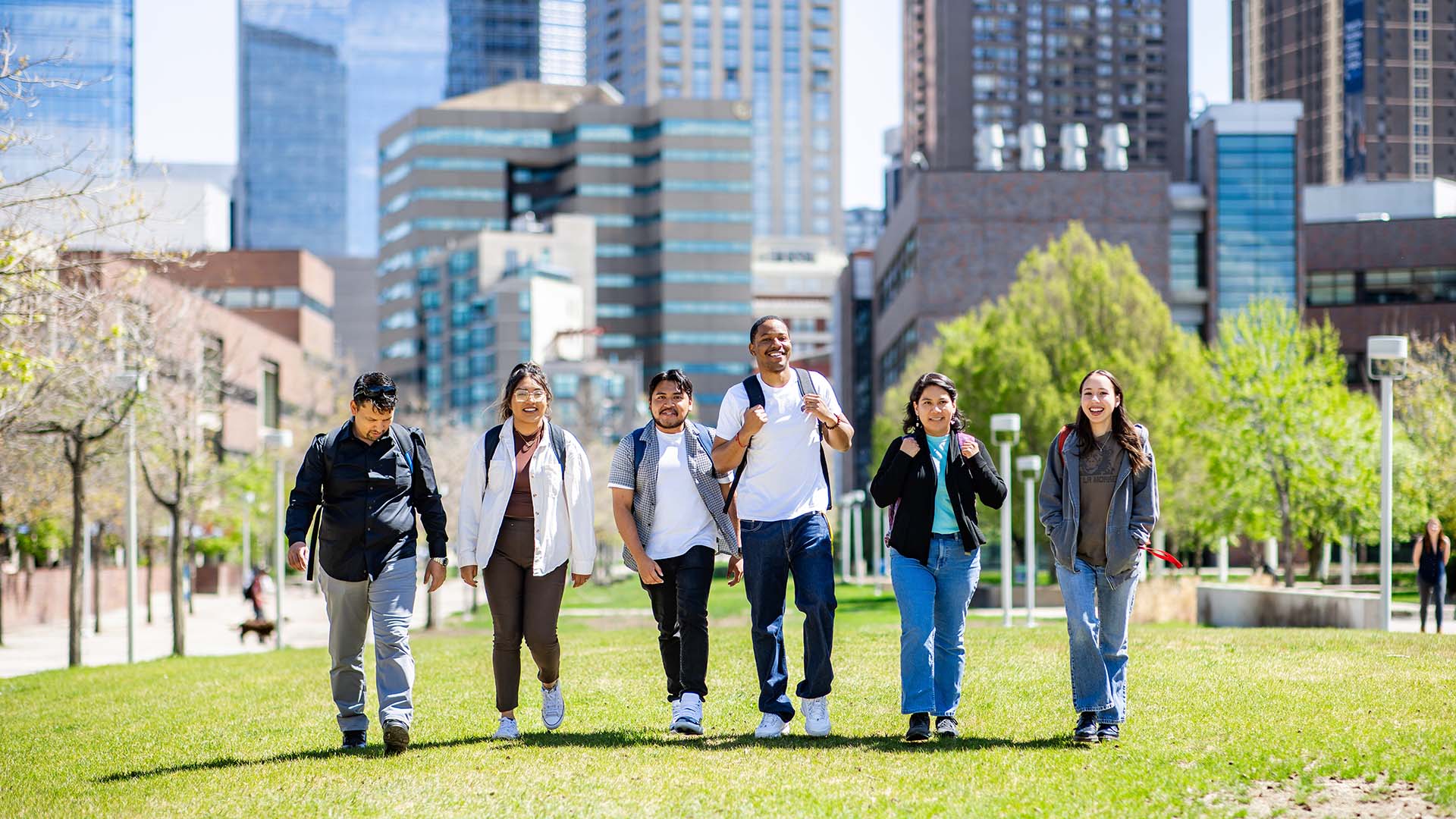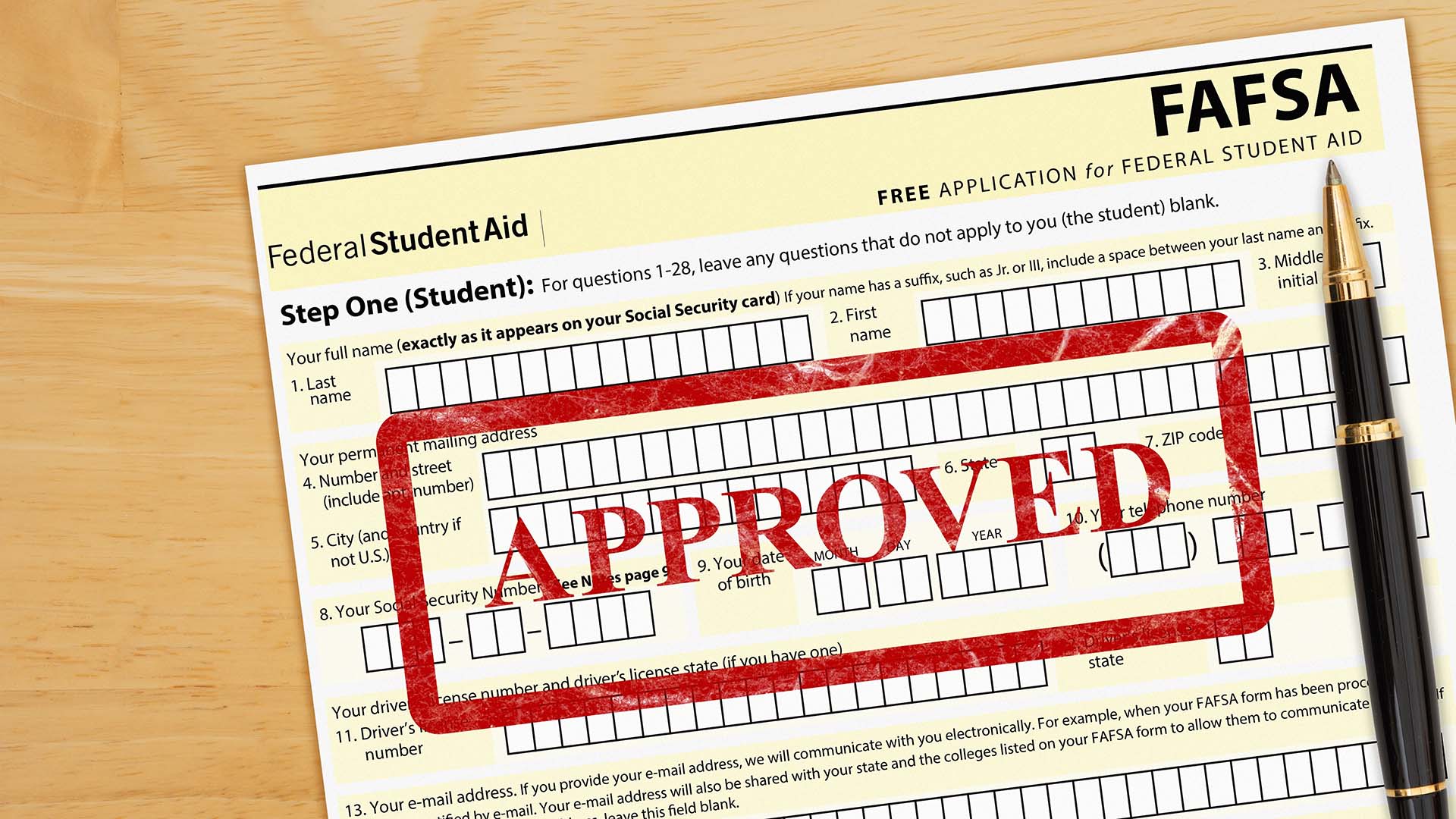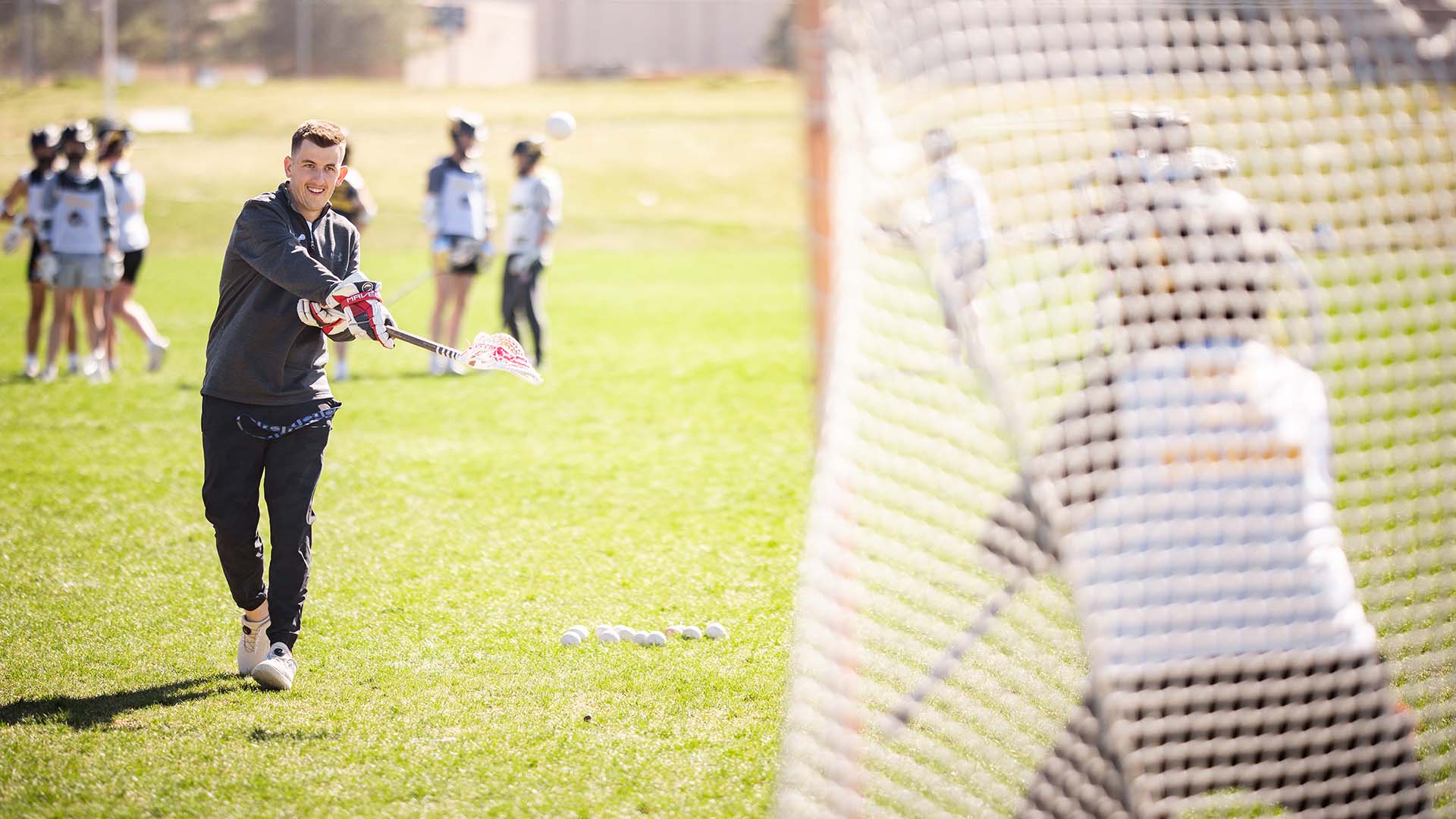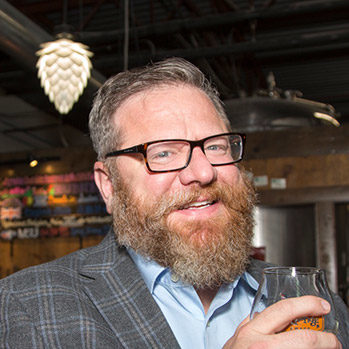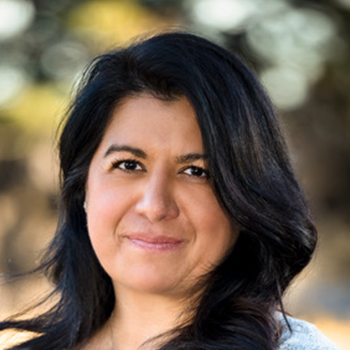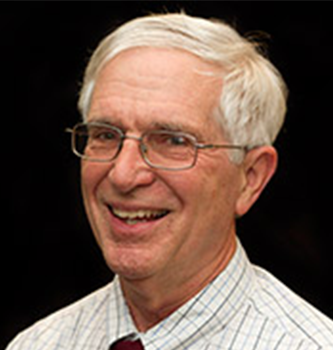Fit for duty: The veterans who teach P.E.
Veteran and military students enroll, engage and excel in new Physical Education Teacher Education program.
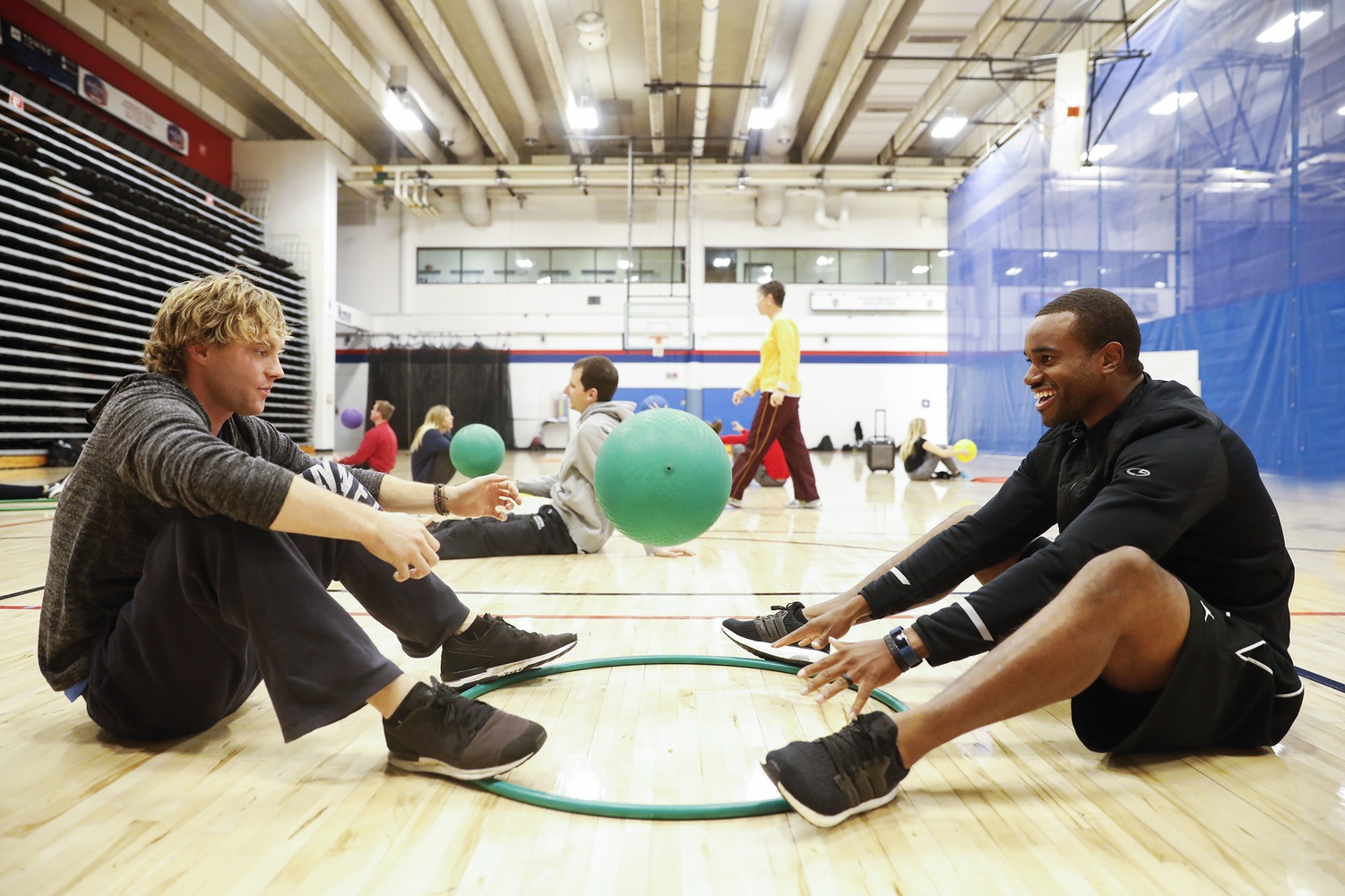
There are more than 1,000 veteran or military students at MSU Denver, and the top majors among that population are unsurprising. Criminal justice and criminology is the most popular, while veterans are also drawn to STEM staples like mechanical engineering and computer science at higher rates than the rest of the student body.
But there are also about 50 veteran or military students enrolled in various majors or licensure programs in the School of Education, leaving behind bulletproof vests for standardized tests as they bring the spirit of service to a classroom setting.
“I believe that veterans are often interested in education in general because of their call to serve others. Teachers and others who are professional educators feel a similar sense of duty to serve,” said Elizabeth Hinde, dean of the School of Education. “In teaching and in the military, there is a strong sense of preserving what is good about our society and country and fixing what is not good.”
Professor Nhu Nguyen, Ph.D., teaches several veteran and military students in the new K-12 Physical Education Teacher Education program in the School of Education. Nguyen cites her students’ leadership skills, love of people and passion for lifelong physical wellness as natural fits for the classroom – especially when that classroom is a gymnasium or an obstacle course.

From battlefields to ball fields, students with diverse military and personal backgrounds have found their way into the PETE program.
Mikel Hottendorf earned his bachelor’s degree seven years ago and returned to school for his teaching licensure after four years in the military and private sector jobs in sales and banking. Hottendorf is all in on education, taking 18 credit hours his first semester back in school and serving as the treasurer of the PETE student club. After interviewing for this story, he gave a presentation to his outdoor physical education class on emergency signals and survival skills, something he’s certainly qualified to teach as a former Army captain.
“My wife’s a teacher, and I’ve seen how passionate she is about teaching. Physical education is one of those things I care about – health and fitness, keeping people active,” Hottendorf said. “I know that in my own physical education background, I didn’t always have the best teachers – it was roll out the ball and go. I want to show kids what they’re capable of and how they can help themselves later in life.”
Atom Semmen, a former corporal in the Marines who served a year in Afghanistan, restarted his academic career in community college, transferred to MSU Denver and plans to pursue a master’s degree or doctorate en route to becoming a professor. He discovered the parallels between his military background and a possible career in teaching through an academic advising evaluation.
“It gave me a list of jobs with forestry at the very top for people with my mindset, but teaching was probably listed five or six times near the top. I figured why not stay physically active and teach others to be physically active?” Semmen said.

In his third semester on campus, Semmen has found a bond with other students with military backgrounds. Thomas Ford has had a similar experience, both in the classroom and in his role as president of the PETE club.
“There’s a sense of camaraderie because we can tell similar stories and relate on different levels,” said Ford, who deployed to Iraq with the Army National Guard in 2011 and has joined the Army ROTC program at MSU Denver.
Ford became a Roadrunner after discovering the University’s reputation for serving veterans and hasn’t been disappointed by the support he’s found.
“They’ve been extremely helpful with making sure that I get the benefits that I’m supposed to get. At the last school I went to, they weren’t really as accommodating – they didn’t know what my problem was when I brought my problems to them,” Ford said.

MSU Denver has a Veteran and Military Student Center and year-round support of veteran students, from veteran-specific orientation to graduation ceremonies exclusive to veterans. The benefits begin before those students even get to campus with a military credit transfer package, priority registration and early financial aid fund release to ensure government-backed benefits are secured in a timely fashion.
That means veterans can save their energy for their studies, which for students like Ford could mean chasing other students.
“It is exhausting to deal with kindergarteners, first- or second-graders. It’s like pointing fury in a direction. It’s controlled chaos,” said Ford, who hopes to teach secondary education after graduation while continuing on in the National Guard. “Teaching is training in a sense. Training and teaching go hand in hand, and all you do in the Army is train and train and train. It’s the exact same thing, just on a different level in a different way. The theory is the same.”

